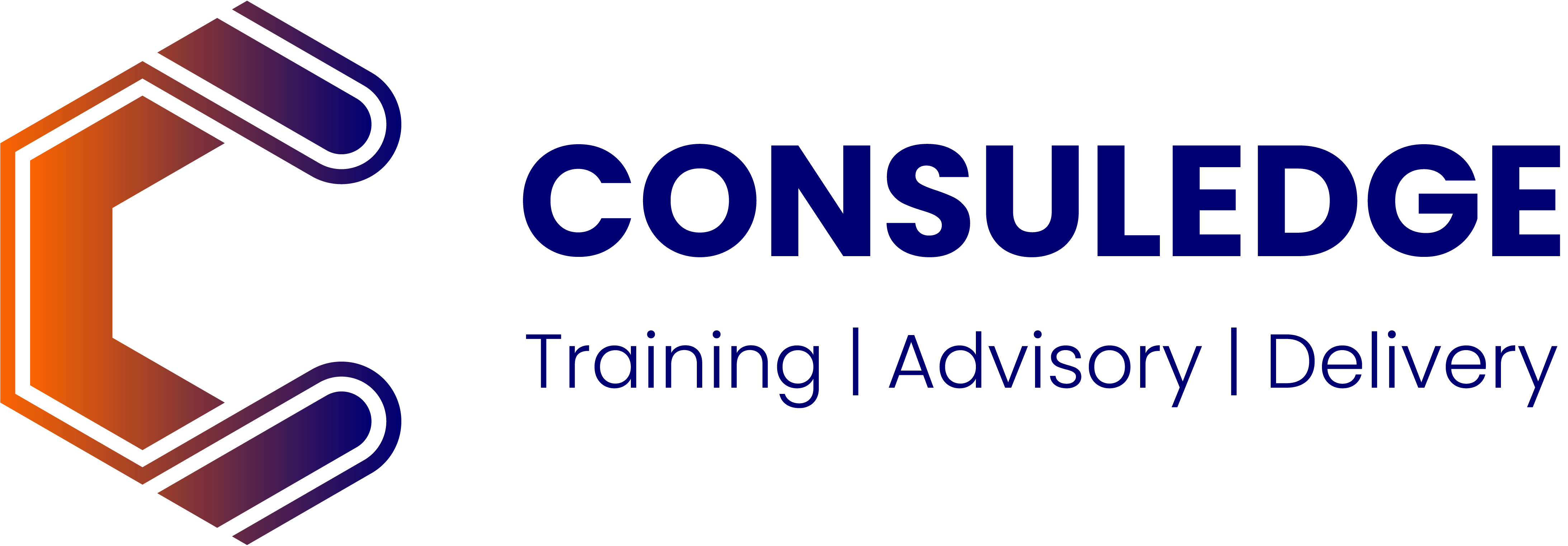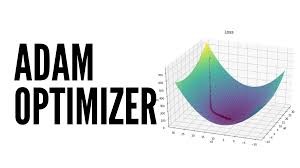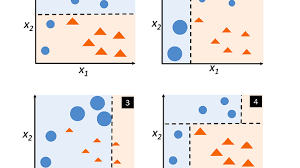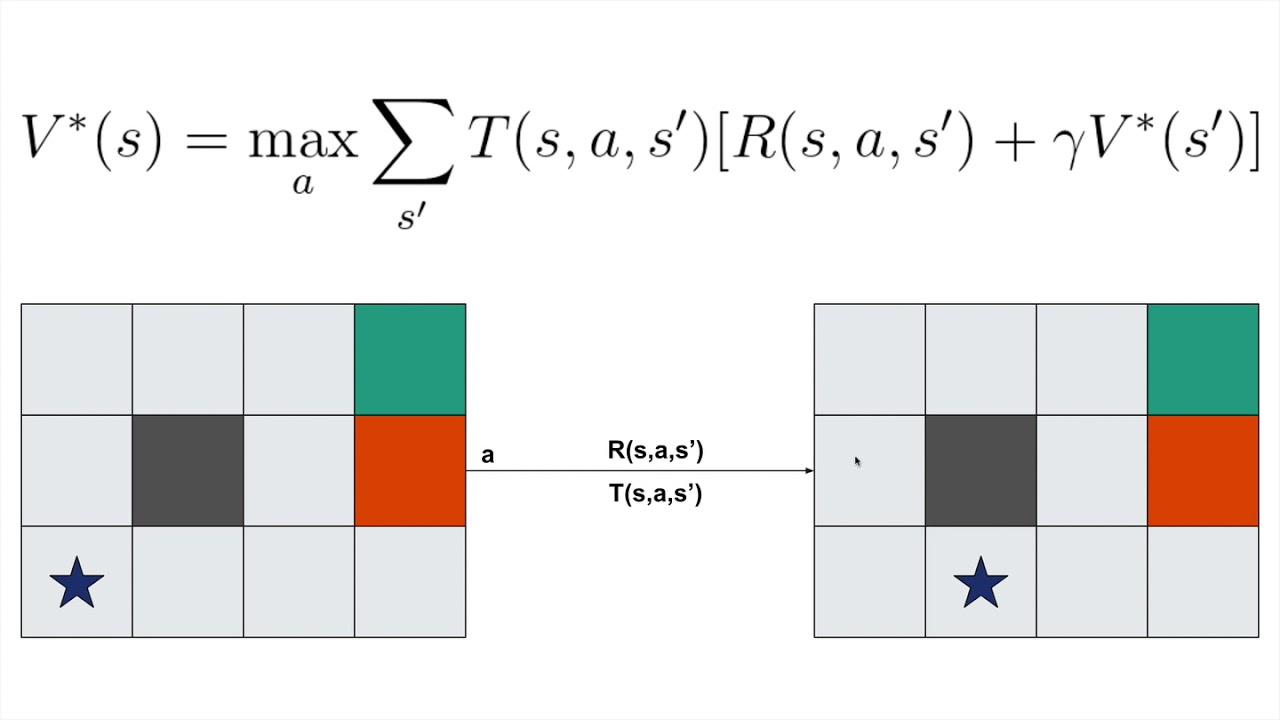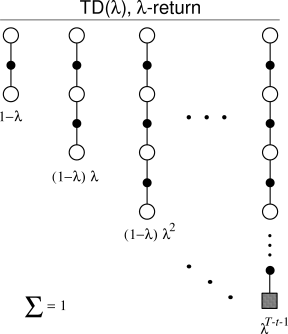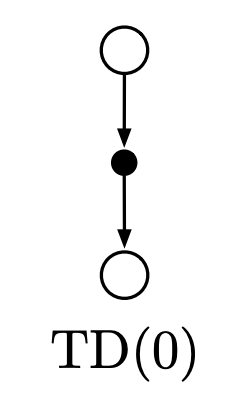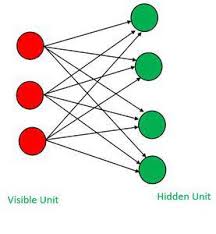K-Means++, introduced in 2007, refines centroid placement in K-Means clustering for better accuracy and efficiency. Widely used in Australian public health, census analysis, and environmental insights, it ensures faster convergence and more reliable clusters.
Gradient perturbation enhances data privacy in AI by injecting noise into gradient updates, ensuring compliance with regulations like GDPR and the Australian Privacy Act. Widely used in healthcare, education, and energy sectors, it balances privacy and utility for secure machine learning.
Adam, a powerful optimisation algorithm introduced in 2014, is widely used in deep learning for its adaptive learning rates and momentum integration. Its applications range from healthcare analytics to public transport planning, making it a cornerstone of modern AI.
AdaBoost, introduced in 1995 by Freund and Schapire, transforms weak learners into powerful ensemble models, delivering high predictive accuracy. Widely used in healthcare, traffic optimisation, and education, it remains a cornerstone in machine learning applications.
Strides and padding emerged as essential concepts in convolutional neural networks (CNNs), which were first applied to image recognition tasks in the 1980s.
Value iteration, introduced by Richard Bellman in the 1950s, is a dynamic programming algorithm that optimises decision-making in structured environments. Widely used in reinforcement learning, it plays a pivotal role in policy derivation, resource allocation, and traffic optimisation.
Environments in machine learning act as dynamic playgrounds where AI models learn, adapt, and optimise performance through structured feedback. Widely used across industries, they simulate real-world scenarios, ensuring safer and cost-effective training for AI systems.
TD(λ) is a reinforcement learning algorithm that balances short-term and long-term learning, offering efficient and scalable optimisation in complex environments. Its real-world applications include weather prediction, traffic management, and fraud detection, showcasing its versatility.
TD(0) is a foundational reinforcement learning algorithm that excels at incremental decision-making in uncertain environments. Its adaptability and efficiency make it a powerful tool for real-time applications in industries ranging from transport to energy regulation.
Restricted Boltzmann Machines (RBMs) are foundational tools in deep learning, excelling in unsupervised learning tasks like feature extraction, dimensionality reduction, and collaborative filtering. They have significant applications in industries ranging from healthcare to energy efficiency.
